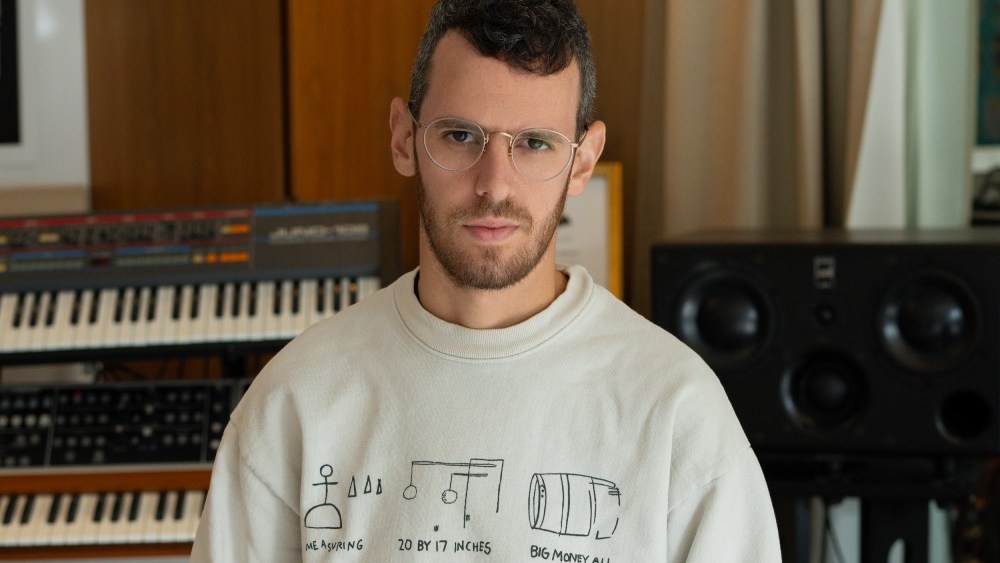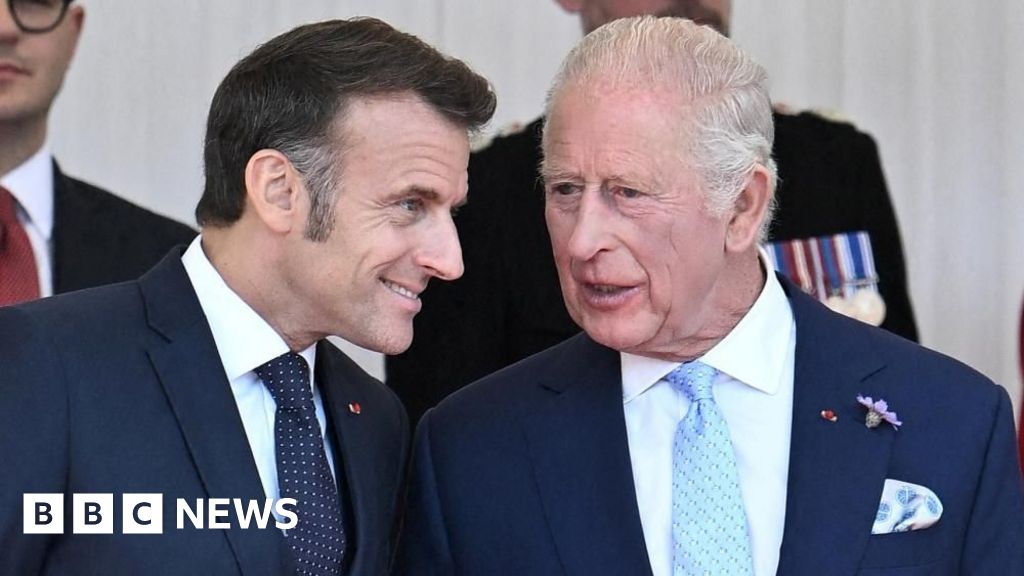Now that Paramount Global has settled a lawsuit filed by President Donald Trump against “60 Minutes,” is there a chance the fog surrounding the company’s quest to sell itself to Skydance Media is about to lift? So far, it’s not entirely clear — not even to executives at Paramount Global.
The owner of CBS, Comedy Central and the Paramount movie studio, which is controlled by Shari Redstone, in May expressed confidence that the Skydance acquisition was “still expected to close in the first half of 2025.” While that period lapsed about a week ago, Paramount has yet to issue new guidance about its expectations. The two parties already have agreements in place that could extend the timeline of their merger agreement until October of this year.
There are good reasons for the company to consummate the deal. Paramount’s main business — broadcast and cable TV — is roiled. As Paramount remained stuck waiting for the Federal Communications Commission to approve its deal and dithered over whether to settle what legal experts believe was a flimsy legal feint aimed at punishing CBS News’ “60 Minutes” for broadcasting an interview with election opponent Kamala Harris, its operations have continued to ebb.
Revenue from TV advertising and distribution keeps eroding. The company pulled around $4.5 billion in revenue from its traditional TV operations in the first quarter of this year, down noticeably from the $4.97 billion it generated in the fourth quarter of 2024. Indeed, the last time Paramount got a year over year revenue boost from its TV business came when it broadcast Super Bowl LVIII — and delivered just a 1% gain over the year-earlier period.
Even Super Bowl success can’t wash a business that is washing away. Like its rivals, Paramount is grappling with a generational shift in the media sector, with a growing base of consumers accustomed to streaming their favorite programs at moments of their own choosing. Such dynamics decimate the cable model, and Paramount, which has narrowed investment in many of its cable outlets for years, is feeling the squeeze more than traditional competitors like Disney and Comcast, and certainly in ways that new opponents such as Netflix and Amazon’s Prime Video are not.
Now, key Paramount players are taking themselves off the playing field. In June, Naveen Chopra, the Paramount CFO who has been riding herd on the company’s financials along with a trio of “co-CEOs,” announced he was leaving. The reason? A similar position at Roblox. In March, CBS said it was exiting the business of putting original programming on in the 12:30 a.m. hour after the host of the late-night program “After Midnight,” Taylor Tomlinson, decided to pursue her own comedy business rather than staying tied to the program. CBS’s plan: fill the hour largely with repeats of the syndicated program “Comics Unleashed.”
Other important partners are raising issues. Trey Parker and Matt Stone, the two creative figures behind the Comedy Central series “South Park” — a signature Paramount TV series — last week said they believe the merger has spurred delays in fans getting to see their work. “‘This merger is a shit show and it’s fucking up ‘South Park,’” the duo said in a statement released via social media just hours after Paramount announced a two-week delay in the debut of the series’ next season.
The effects of the deal on CBS News remain to be seen. In journalism circles, Paramount’s decision to pay a $16 million settlement to President Trump, has tarnished “60 Minutes,” a long-running newsmagazine that is seen as one of the mainstays of TV-news and which continues to generate sizable ratings. In an era when advertisers are more loath to sponsor news programming, citing polarized audiences and negative headlines tied to politics and climate change, Paramount’s decision has undermined the show, and there will be more eyes on it this fall when it debuts to see if producers are able to maintain its high reportorial standards.
Paramount’s future would seem to lie in its streaming operations. The U.S. operations of Paramount+ in May were “on track” to turn a profit in 2025. But the streaming business generates less than half the revenue produced by Paramount’s traditional TV division. Skydance may want to look more closely at those deteriorating operations as it determines when a merger close may come to fruition.
The company’s only concrete plans for Paramount, unveiled a year ago, called for cuts of at least $2 billion, much of that from its linear networks. In the interim, Paramount’s TV fortunes look as if they have diminished, and time spent on the Trump lawsuit has bolstered little. No wonder Skydance hasn’t rushed to get this deal over the finish line.















Leave a Reply